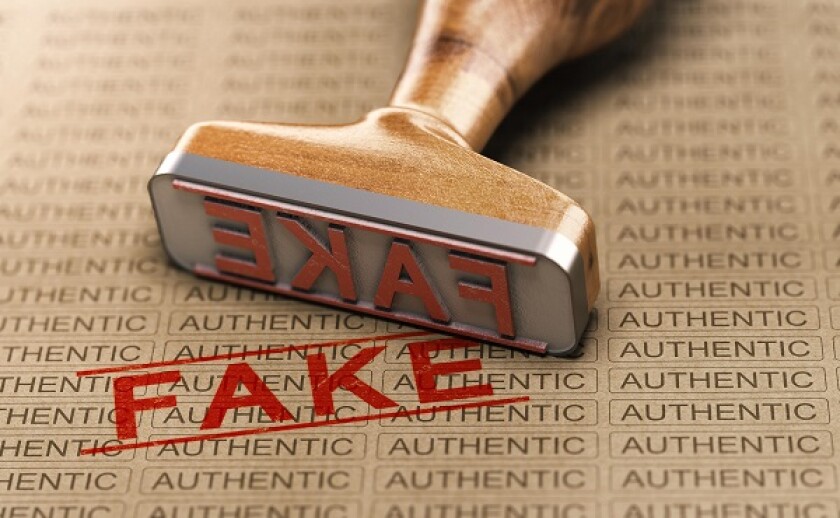A recent court case, Republic v Anti Counterfeit Agency and Caroline Mangala t/a Hair Works Salon (20 November 2019), involved an application to quash a seizure of allegedly counterfeit beauty products. Kenya is one of the few countries in Africa to have specific anti-counterfeiting legislation, the Anti-Counterfeit Act. One thing this legislation does is create a dedicated enforcement body known as the Anti-Counterfeit Authority (formerly the Anti-Counterfeit Agency), and it was this body that conducted the seizure. The person from whom the goods were seized claimed that the raid had been unfair and illegal.
The judgment suggests that there might be a degree of misunderstanding in the local business community about counterfeiting. The applicant claimed that before the raid, she had submitted samples of her products (identical to the ones that had been seized) to the Kenya Bureau of Standards, which had certified that they complied with the necessary standards. However, as the judge pointed out, this was irrelevant because standards and counterfeiting are very different issues – goods can be substandard but not counterfeit, or counterfeit but not substandard.
The applicant further claimed that the raid had been illegal because the trademark in issue had not been registered. However, the judge held that trademark registration is not a requirement. This is because the legislation talks of 'intellectual property rights', and in Kenya the ability to sue for passing off is an intellectual property right.
Another recent case, Thima Coffee Machinery Limited v Gulf Africa Machinery Kenya Limited
(30 October 2019), involved a request for an interim injunction pending the finalisation of full court proceedings, and it also dealt with common law rights. The request was based on the fact that the applicant had used a trademark 'Thima' in relation to the sale and lease of farm machinery for 23 year and indeed registered it as a business name and later as a company name (although never as a trademark).The respondent had much later adopted the same name for a similar business, and in fact registered it as a trademark.
The court granted an interim injunction prohibiting the respondent from selling goods under the name Thima or a confusingly similar name on the basis that there was a prima facie case. The judge referred to the concept of goodwill and said this: 'The investment that the applicant has put in its business over the many years may be eroded irreparably in the event that the orders of injunction sought are not granted.'
Kenya is a hotspot for counterfeiting. Fortunately, however, it has dedicated anti-counterfeiting legislation, a dedicated anti-counterfeiting enforcement body and a reasonably good court system.
Chris Walters











